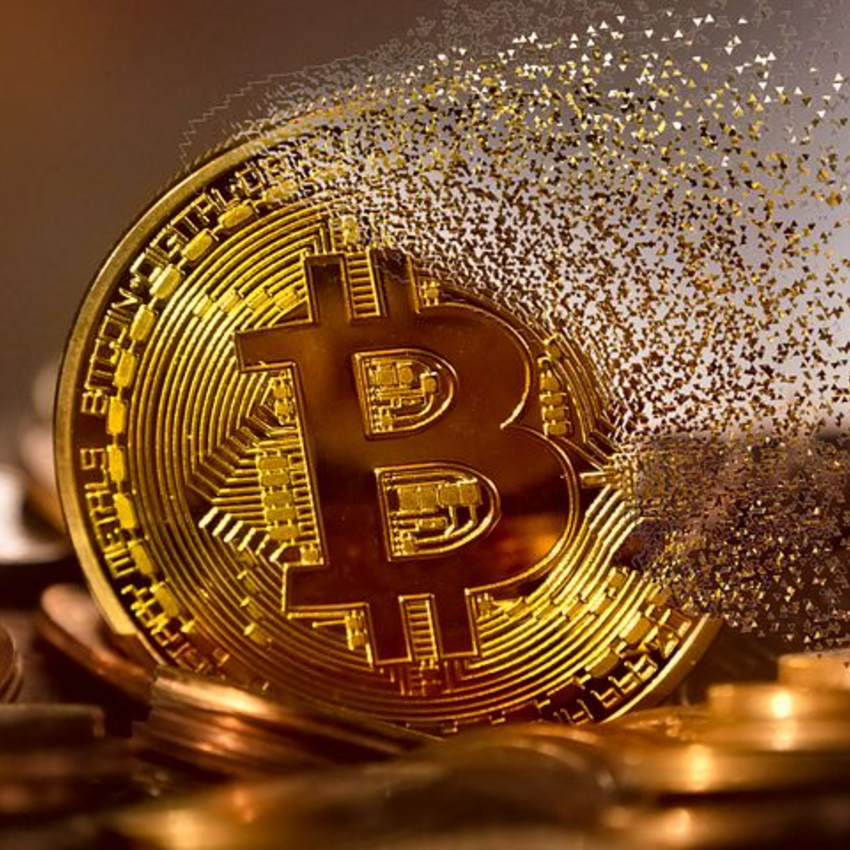Published:
Bitcoin, the digital currency created in 2009 by the mysterious pseudonym Satoshi Nakomoto, was known by few people on earth at its inception and was priced at less than a thousandth of a cent. It has grown to a current price of around $36,000 and is now debated as either the future of money or a worthless asset. It is an extremely unique currency in the way that it is an entirely digital token with no physical backing. It was created with the intention and ability to be a peer-to-peer technology, meaning no central authority or government can control it, making it entirely decentralized. This aspect of decentralization, along with many other unique features, have led many to believe that bitcoin could revolutionize the global financial system.
When Bitcoin erupted in price in 2017, it was still widely misunderstood and was not seen as a reputable institutional investment, therefore only being traded by individual investors. The 2020-2021 price surge, however, has been driven by large hedge funds like BlackRock and publicly traded corporations like Microstrategy and Square. This participation from large institutional investors is due to both a better understanding of bitcoin’s technology and potential, as well as its role as a hedge against the value of the U.S. dollar and other fiat currencies. As our financial system becomes increasingly backed by debt, fiat currencies are losing purchasing power, resulting in investors turning to assets like Bitcoin and gold.
Although Bitcoin must overcome several obstacles, such as the current volatility and inability to be regulated, it has potential to replace the U.S. dollar as the global reserve currency. In countries with high inflation, poor credit systems, and unstable currencies, such as Argentina and Venezuela, Bitcoin is already being bought up at a high volume because of its store of value. Business owners in developing countries like Kenya are switching to bitcoin to eliminate the need of a third party to exchange currencies. These changes may very well trickle up to more developed countries in the next few decades if governments are willing to give up control over their native currency. Bitcoin may prove to be so functional and valuable that they will simply not have a choice.
File under






